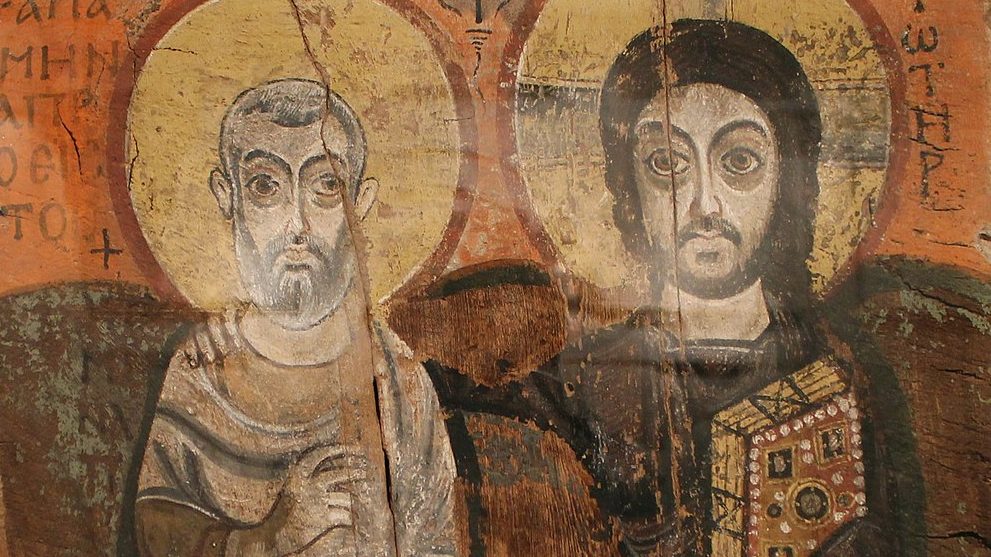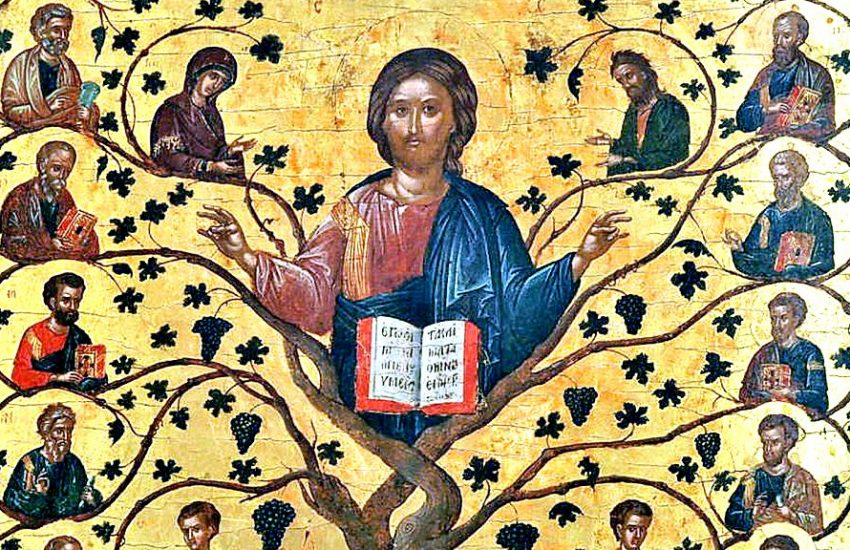Self-less Self Care
25th Sunday of Ordinary Time (B)
This Sunday’s readings warn us against the dangers of self-centeredness. In the first passage from Wisdom we read of people condemning those who try to live good and just lives out of envy and spite (Wis 2:12, 17-20). In the Epistle of James we read of how jealousy and ambition lead to wars and conflict (Jas 3:16-4:3). And our gospel shows us that even among Christ’s chosen Apostles there was in-fighting to see who might have places of prominence (Mk 9:30-37).
Jesus tells us in no uncertain terms, “If anyone wishes to be first, he shall be the last of all and the servant of all” (Mk 9:35).
It’s no stretch to say that the Christian life is all about learning to be less self-oriented and more other-oriented. St. John the Baptist’s response to those who wanted to make him the Christ as to point to Jesus and say, “He must increase; I must decrease” (Jn 3:30). Learning how to love as God loves means learning to be less selfish and more self-giving.
But we should be careful: learning to not be so self-oriented does not mean putting yourself last or not taking care of yourself and your own needs. There can be a tendency among Christians to feel like they need to give themselves so completely to serving others that they have nothing left to give. This can be a form of hidden pride. Our sense of self-importance can become over inflated if we think that everything relies on our own effort. Humility helps us to recognize that we have limitations and we, too, need help sometimes. You and I are not the world’s savior — Jesus is.
Being less self-centered and learning to love others doesn’t mean you shouldn’t love yourself. Thinking less of yourself is necessary if you think too much of yourself. But if you think too little of yourself, then you ought to think more highly of yourself!
Jesus gives us the key to proper self-love when he says to love God with all your heart, soul, strength and mind, and to love your neighbor as yourself (Lk 10:27). Proper love begins with God. You should love God more than anything because God is infinitely loveable! Loving God first keeps you from making a false idol out of yourself and your own desires. You are not God. But you are a creature made by God, and therefore you are good. Even more, you are a creature made in God’s own image, therefore you are very good. And even more than that, you are a creature that God loves so much that he took on your own nature and suffered and died on the cross just to be with you. That means you are very, very, very good! In other words, you are pretty lovable.
And your neighbor is just as loveable, because he or she is also made in the image of God and beloved by God. So you love your neighbor as yourself; which means you love your neighbor a lot. Proper love of self thus prevents you from being selfish (because you aren’t treating yourself as God) and enables you to love your neighbor well (because you treat your neighbor as another self).
Mental Health Small Group
To help you learn to love yourself the way God loves you, we are starting up a mental health focused discussion group based on the Sanctuary Course for Catholics, available from Formed.org. This group is open to anyone interested in having a conversation around mental health informed by theologians, professional psychologists, and clergy. It’s meeting Thursday evenings at 6:00 PM starting on September 23.
How is God Calling You?

This Sunday after Mass, we welcome a special guest to our Credo discussion, Fr. Brian Becker.
Fr. Becker is the vocations promoter for the Diocese of Charlotte and will be speaking with us about the idea of vocation. How is God calling you to give your life in service to him and to one another? We all have a universal vocation to holiness, which means we are all called to love. But how that love is lived out specifically in our lives can take many forms, including marriage, holy orders, or consecrated and religious life.
Fr. Becker has lots of great information and experience to share with us, so I hope you’ll come with questions. The discussion begins after the 4:00 PM campus Mass this Sunday.



